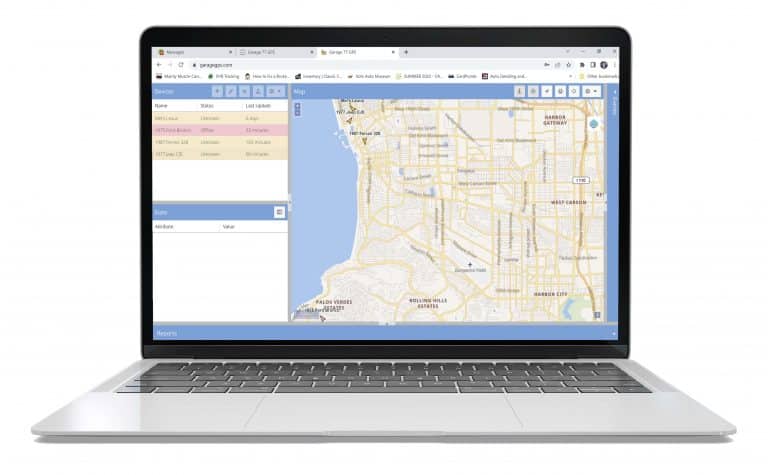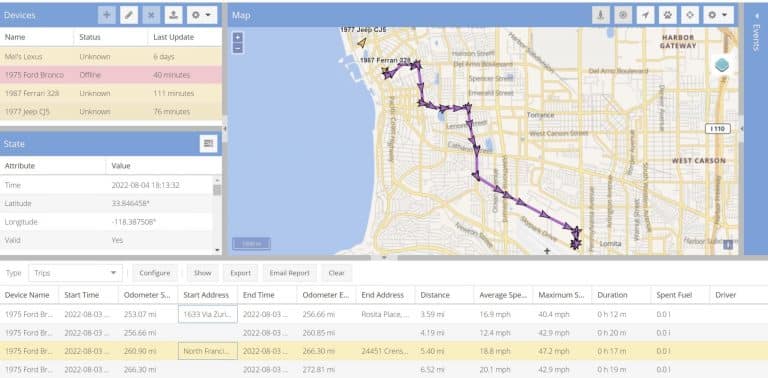GPS Fleet Tracking has transformed the way businesses manage their vehicle fleets all around the globe. This technology provides real-time monitoring of vehicles, enhancing productivity, safety, and customer satisfaction. But how exactly does it work? And what are some of its advantages? Let’s delve deeper into these areas.
The Basics of GPS Fleet Tracking
GPS (Global Positioning System) is a satellite navigation system used to determine the ground position of an object. GPS fleet tracking uses this technology to monitor the location, movement, and status of vehicles within a fleet.
How Does GPS Fleet Tracking Work?
GPS fleet tracking revolves around the use of a GPS tracking device installed in each vehicle. This device captures the GPS location information apart from vital vehicle data at regular intervals. The captured information is then transmitted to a central server using cellular or satellite networks. Fleet managers can access this data via software to monitor and manage their entire fleet in real-time.
Advantages of GPS Fleet Tracking
The benefits of GPS fleet tracking are far-reaching and have significant implications for fleet management.
Improved Efficiency
With real-time vehicle tracking, managers can make quick decisions that result in improved efficiency. For example, they can reroute drivers to avoid traffic, ensuring on-time deliveries without wasting fuel.
Safety Enhancement
GPS tracking allows for the monitoring of driver behavior, which can help identify safety issues. Fleet managers can use this information to coach drivers and implement safer driving policies.
Customer Satisfaction
Reliable delivery times, improved communications, and efficient service are direct results of GPS fleet tracking, which can significantly boost customer satisfaction.
Lower Operational Costs
GPS fleet tracking can significantly decrease operational costs by improving route efficiency, reducing idle time, decreasing fuel consumption, and prolonging vehicle life through better maintenance practices.
GPS Fleet Tracking: A Global Perspective
North America
In North America, the prevalence of telematics and fleet management solutions has grown significantly, given the sheer size of the logistics and transport industry.
Europe
European countries, with their strict regulations for efficient fleet management, have adopted GPS fleet tracking to fulfill these requirements.
Asia-Pacific
In the Asia-Pacific region, rapid industrialization and the expanding logistics sector have driven the widespread adoption of GPS fleet tracking technology.
Conclusion
GPS fleet tracking is a vital tool in improving efficiency, maintaining vehicle safety, augmenting customer satisfaction, and cutting costs. With continuous advancements in GPS technology, its application in fleet tracking will undoubtedly continue to revolutionize fleet management around the globe.







